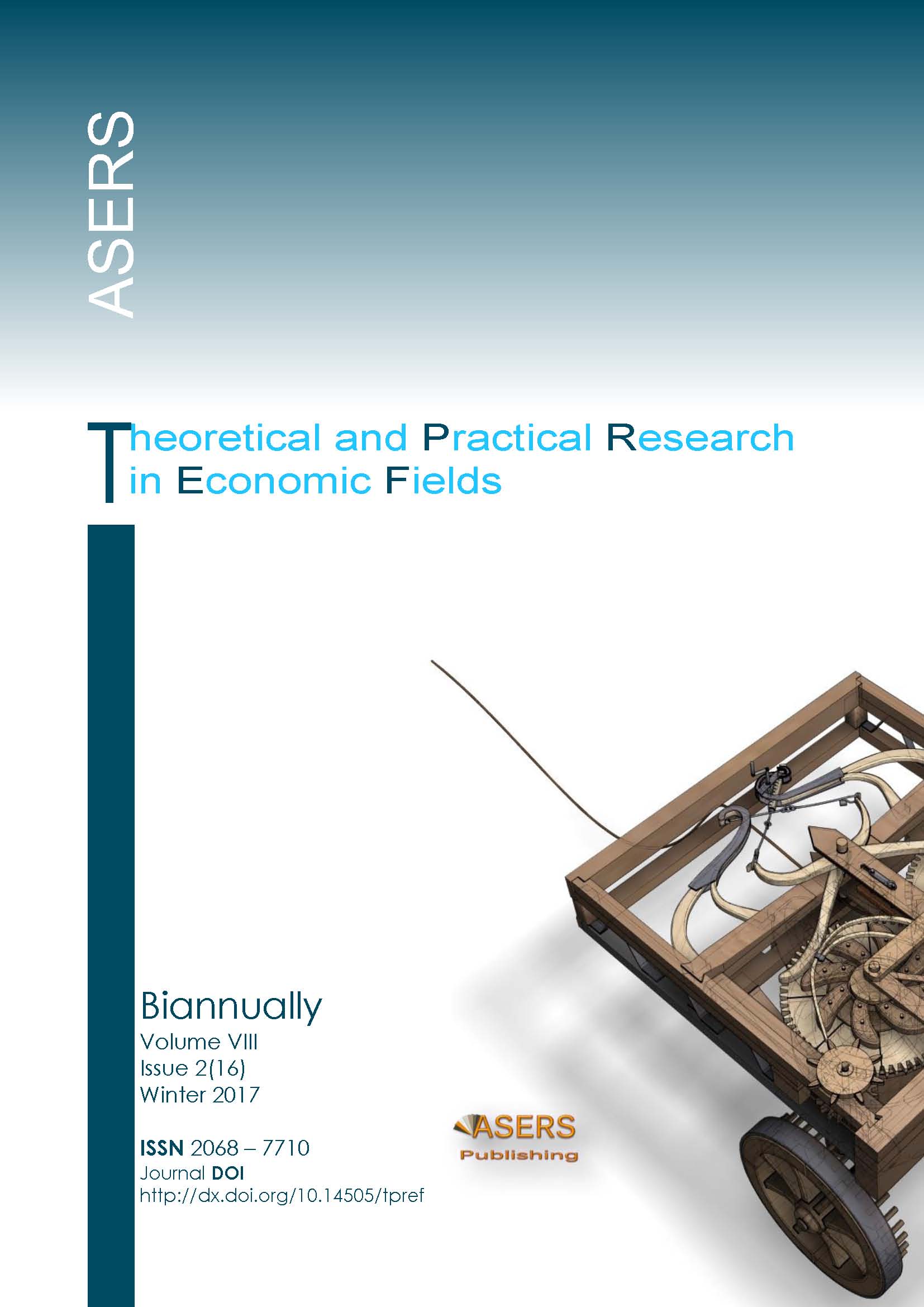OPINIONS ON THE THEORIES OF SAVAGE AND DE FINETTI
OPINIONS ON THE THEORIES OF SAVAGE AND DE FINETTI
Author(s): Michael Emmett BradySubject(s): Economy
Published by: ASERS Publishing
Keywords: indeterminate; imprecise and precise probabilities; interval valued probabilities
Summary/Abstract: Feduzi, Runde and Zappia (2012, 2014, 2017) have claimed repeatedly that de Finetti and Savage formally allowed imprecise, indeterminate, non-additive probabilities to be used by decision makers in their normative theory of decision making. The only way that non additivity can be formally incorporated into a decision theory is by the use of a variable similar to Keynes’s w or Ellsberg’s ρ. Nowhere in anything written by de Finetti and/or Savage in their lifetimes does any such variable appear in their formal theoretical analysis or in any of their supporting axioms. Savage stated that he did not know how to integrate such a variable that would take account of vagueness, into the additive probability measure that represented his formal, normative theory. Feduzi, Runde and Zappia (2012,2014, 2017) have misinterpreted the de Finetti and Savage concerns and sympathy for vacillating, indecisive decision makers, who were confronted with vague and ambiguous evidence, with their recognition that defining one’s personal probabilities can be a difficult task, with the erroneous and mistaken belief that de Finetti and Savage incorporated a role for imprecise and indeterminate probabilities within their formal, subjectivist, normative theory of probability and their SEU decision theory, which rests completely on additive probability.
Journal: Theoretical and Practical Research in Economic Fields (TPREF)
- Issue Year: VIII/2017
- Issue No: 16
- Page Range: 137-143
- Page Count: 7
- Language: English
- Content File-PDF

